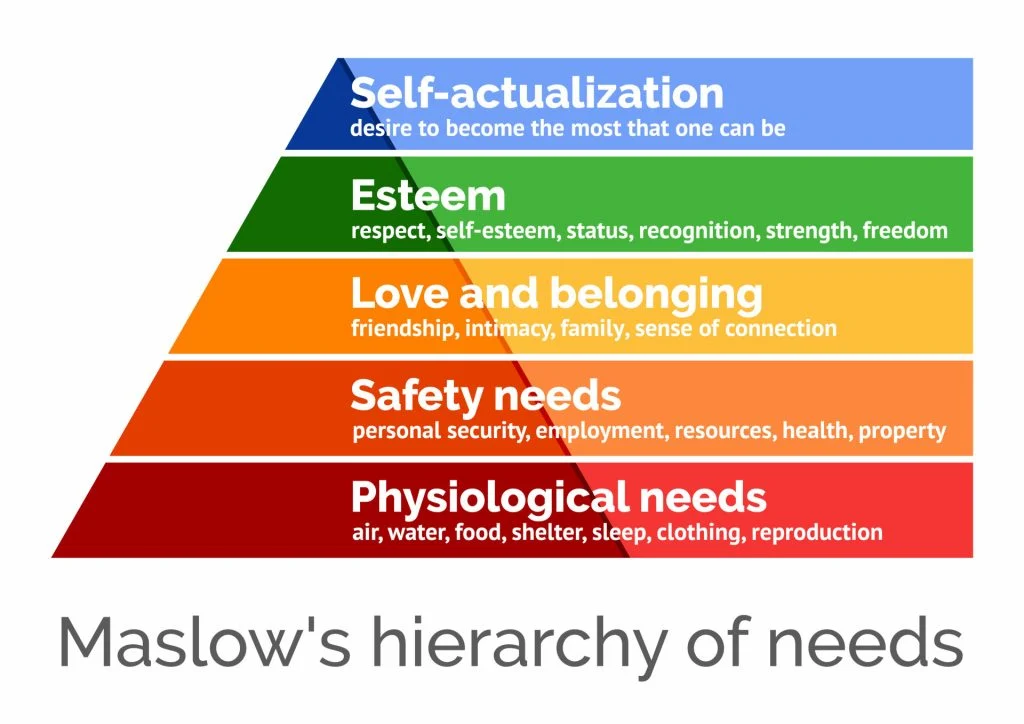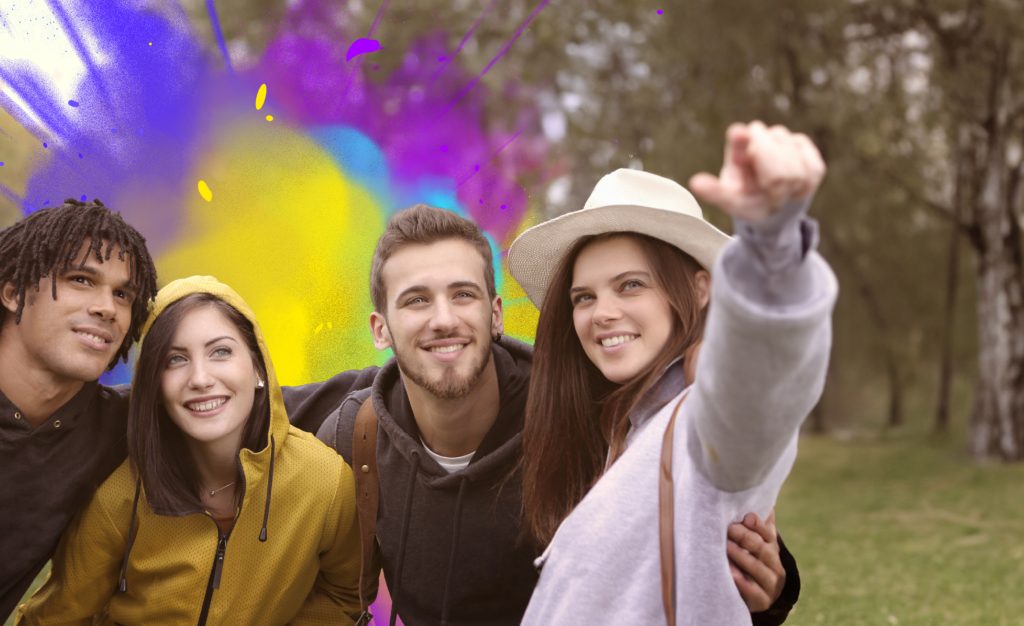

How The Instinctual Fulfillment of Social Media Algorithms Have Led to a Loss of Self-Control
In the midst of the pandemic, I found myself constantly gravitating toward my phone. We were already in a state of social isolation, and I turned to social media as a means of connection. However, my dependence on my phone became an obsessive-compulsive behavior that created a barrier in my relationships, goals, and self-perception. I decided to delete social media for 60 days to experience life without something so prevalent among my generation. During the cleanse, I experienced a wide range of emotions from fear of missing out to periods of withdrawal. However, the state of mind that invaded me most was boredom. I felt as if there was such a large void in my life that I needed to occupy time with the stimulation that came from social media. I felt like I had so much time on my hands, and it felt like nothing else, no other activity or interaction could fill this “void.” This is how I knew I was addicted to social media. However, I truly believe I would not have developed this self-awareness if I had not deleted it. This is when I had social media on my phone, every moment I felt bored, unstimulated, or in need of a distraction, I would turn to the platforms to make me content. Little did I know, however, that this repeated action of going back to my phone to find happiness was creating the foundation for an endless cycle of constant dissatisfaction.
From what I have learned about the psychology of addiction, the root of our behaviors originates from a stimulus that causes a reaction which conditions us to lose self-control. We enter a state of cognitive dissonance where we know our actions are bad-habits, but we continue to do them anyway because we simply cannot resist. Addiction is often associated with cigarettes or drugs that create a dopamine rush (the “happy” chemical”) and cause us to want more. Social media is also comparable to a drug because of the release of dopamine that is caused by the way the platforms are constructed; in other words, the algorithm.
The social media algorithm is particularly unique in that it fulfills our instinctive needs as human beings and causes a neurobiological reaction similar to that of a drug. Maslow’s Hierarchy of needs is a classic psychological model of human motivation including basic needs, psychological needs, and fulfillment needs. It is predicted that if an individual garners all of the stages of the hierarchy, they will achieve self-actualization – their full potential The algorithm can be assessed through the psychological lens of Maslow’s Hierarchy of needs. If social media has the power to fulfill our needs and desires as humans, it has the potential to override what it means to truly connect with one another.
*The following analysis uses hypothetical substitutions for physical things such as food and water. It is simply comparing social media to our needs as humans as a means of explaining why addiction to social media is so prevalent.

Figure 1. Original Model of Maslow’s Hierarchy of Needs created by Abraham Maslow in the year of 1943.
Physiological needs – food, water, rest: Typically, when we are hungry, the main priority of the brain is to find food to eat. Our minds are then on constant alert for food. In the digital world, when we are “hungry” we turn to social media to “feed” us. We may be on constant alert for visual or auditory cues that increase our likelihood of going on social media (i.e. phone “buzzes” or when the phone lights up because of notifications). A social media algorithm closely monitors every action a person takes to create a more accurate identity of who they are. A person will see things on their feed that interest them – increasing their engagement within platforms. Just like food, if we like something, we will eat more of it. If we dislike something, we will not enjoy it. The same goes for social media, if we see something favorable we will want more and more.
Safety needs – safety, shelter, security: From an evolutionary standpoint, humans are equipped to want to feel as if they are a part of a group. Prehistorically, if one was ostracized from the “herd” they would be more vulnerable and at a higher risk of survival. Social media makes us feel safe in several ways whether that is through a particular community, online group chats, or several comments. We feel as if we are not standing alone and there is a sense of relevance and familiarity – even through strangers. Some people may not be able to achieve this social security in person – but they may turn to social media to fulfill this safety need.
Belonging and love needs – intimate relationships and friends: As people emerge to the important phase of life known as adolescence, they will essentially start to “leave the nest” and yearn to find individuals that will help them navigate the challenges of the teenage years. They may turn to social media as a way to connect with others their own age more often, which may cause them to disengage more from their parents or guardians. In addition, it is instinctual to want to love others and feel loved. Social media makes us feel as if we are accepted and loved.
Esteem Needs – sense of accomplishment, prestige: One of the social media algorithm tactics to suffice our needs of self-esteem or sense of accomplishment is through the well-known likes, comments, and followers. When we are flooded with these quantitative factors, we feel a sense of productivity – like we have done something “right.”
Self-actualization, achieving one’s potential: “self-actualization” may occur when we receive the expected amount of likes, comments, notifications, or followers that we had envisioned for ourselves. However, this is dangerous because we create expectations in our minds of how many likes we should get, or how many followers we should have. When our expectations are not fulfilled, we receive a subtle disappointment that then causes the belief that the only way to be content is to go back to social media and receive the “correct” amount of likes, comments, or followers all over again.
When I deleted social media for two months, I needed to find ways to fulfill the constant sense of boredom I had. I turned to healthier ways of maintaining social connection, self-worth, self-esteem, and consistent productivity. I realized that the reason I felt as if I had so much time to fill was because I was always spending my time scrolling mindlessly on social media. Now, I have turned to healthier alternatives, developed a higher tolerance for boredom and have discovered the beauty of privacy.
